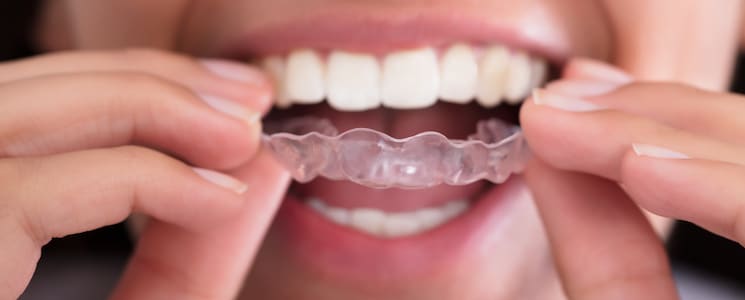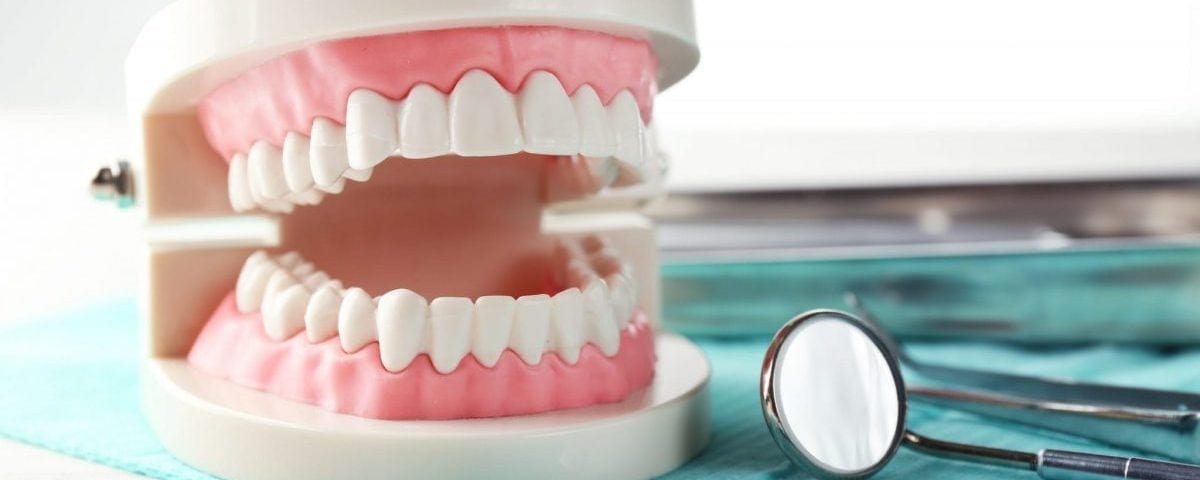You may not be familiar with the term, but you’ll likely know the symptoms: teeth grinding, gnashing, and clenching.
Bruxism is a condition that can make you unconsciously grind or clench your teeth together, either when you’re awake or asleep.
Bruxism affects an estimated 8-31% of adults worldwide, with some studies estimating numbers as high as 51% of children experiencing some form of the condition.
Most common is sleep bruxism. As the name suggests, this is the form of this condition that occurs when you’re asleep. This type of bruxism is potentially the most harmful, as sufferers are not aware enough to mentally prevent themselves from clenching their teeth. A lot of people who have sleep bruxism have other similar sleep-related disorders, such as sleep apnoea.
Symptoms of Bruxism
Some symptoms of bruxism include:
- Audible teeth grinding
- Damaged or chipped teeth
- Sleep problems
- Headaches
- Painful jaws or face muscles
Bruxism can lead to very serious symptoms, especially the wearing down of tooth enamel. Constantly grinding your teeth will shave away the layers of protection that prevent damage to your teeth, exposing the insides to the elements – a very painful condition that is hard to reverse. Simply put, it’s best to treat bruxism as early as possible.
Headaches are also a common bruxism symptom. The constant strain on your jaw and facial muscles can transfer into your head, creating a dull but aching headache that doesn’t go away.
What Causes Bruxism?
Researchers are still unsure about the physical causes of bruxism, although studies seem to suggest that tooth grinding is caused mainly by stress and anxiety. If overwhelmed, the human brain will typically try to find an outlet to cope with strong emotions. This can be through many things such as stimming (self-stimulating behaviors, usually involving repetitive movements or sounds), physical reactions such as sweating, or, in other cases, tooth grinding. It has also been found that some compulsively grind teeth while in deep concentration (which ties back to stress).

Treatments for Bruxism
A common treatment for bruxism is a mouth splint or mouthguard. Particularly at night (when bruxism is fully unconscious), creating a gap between the top and bottom teeth is an effective way to break the habit of unconsciously grinding.
Other approaches look into treating underlying anxiety issues. From deep breathing to medicine to yoga, there are lots of potential ways to help with anxiety and stress. Trying to relax before sleep is very helpful, as a majority of bruxism happens at night. Having a bath and listening to music or an audiobook can be very effective ways to get a good enough sleep that you can start to break the habit.
If you or a loved one are suffering from bruxism, talk to one of the friendly team at Simply Dental. We can help you manage the condition in a way that works for you.

